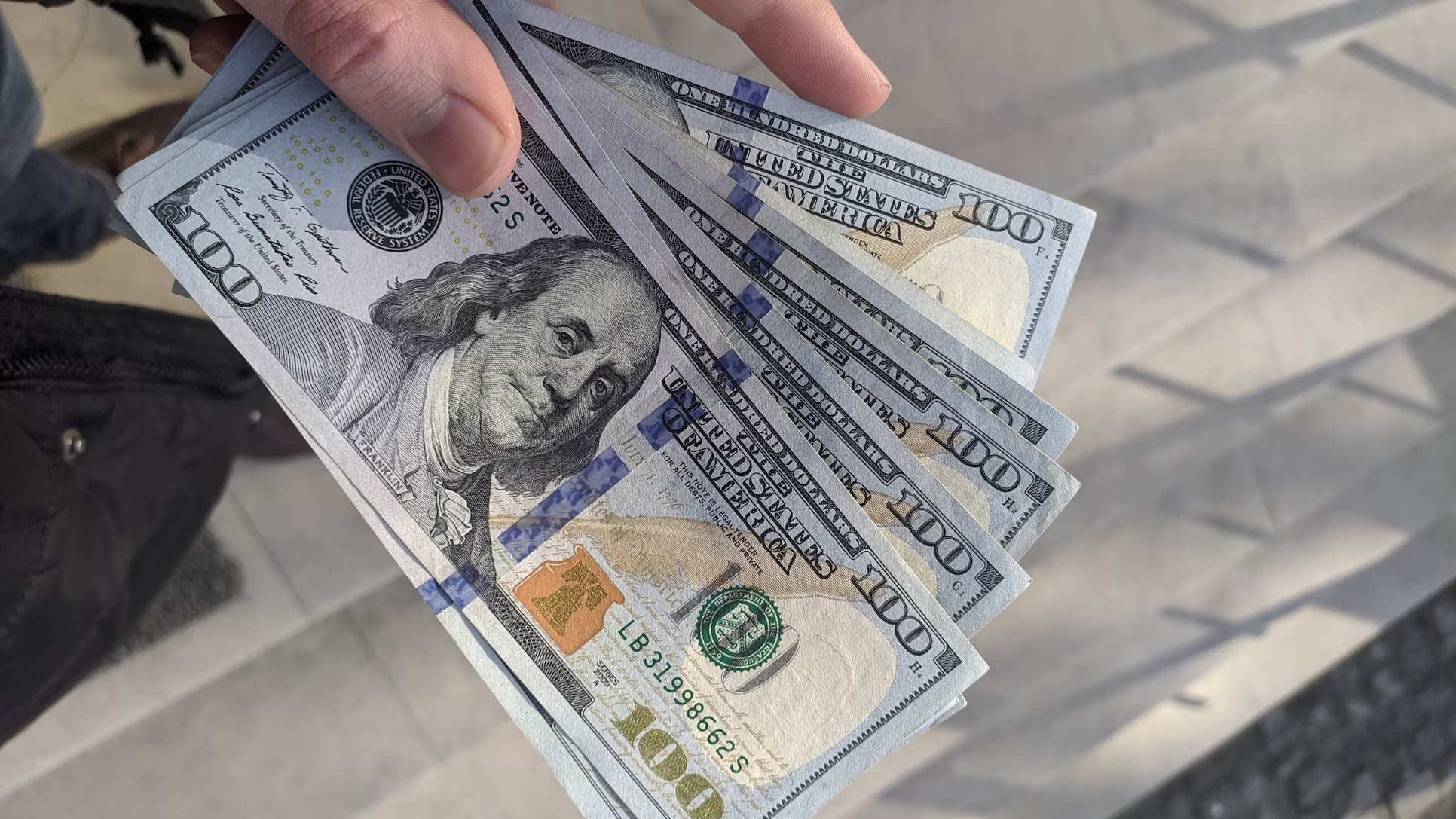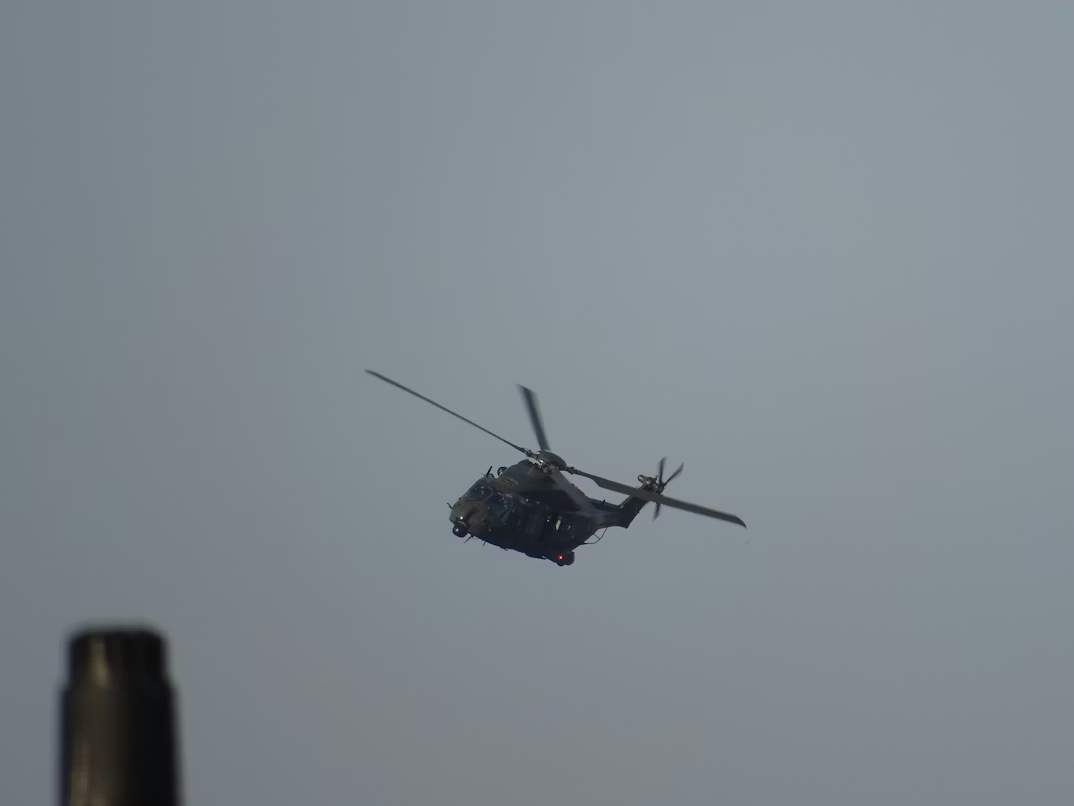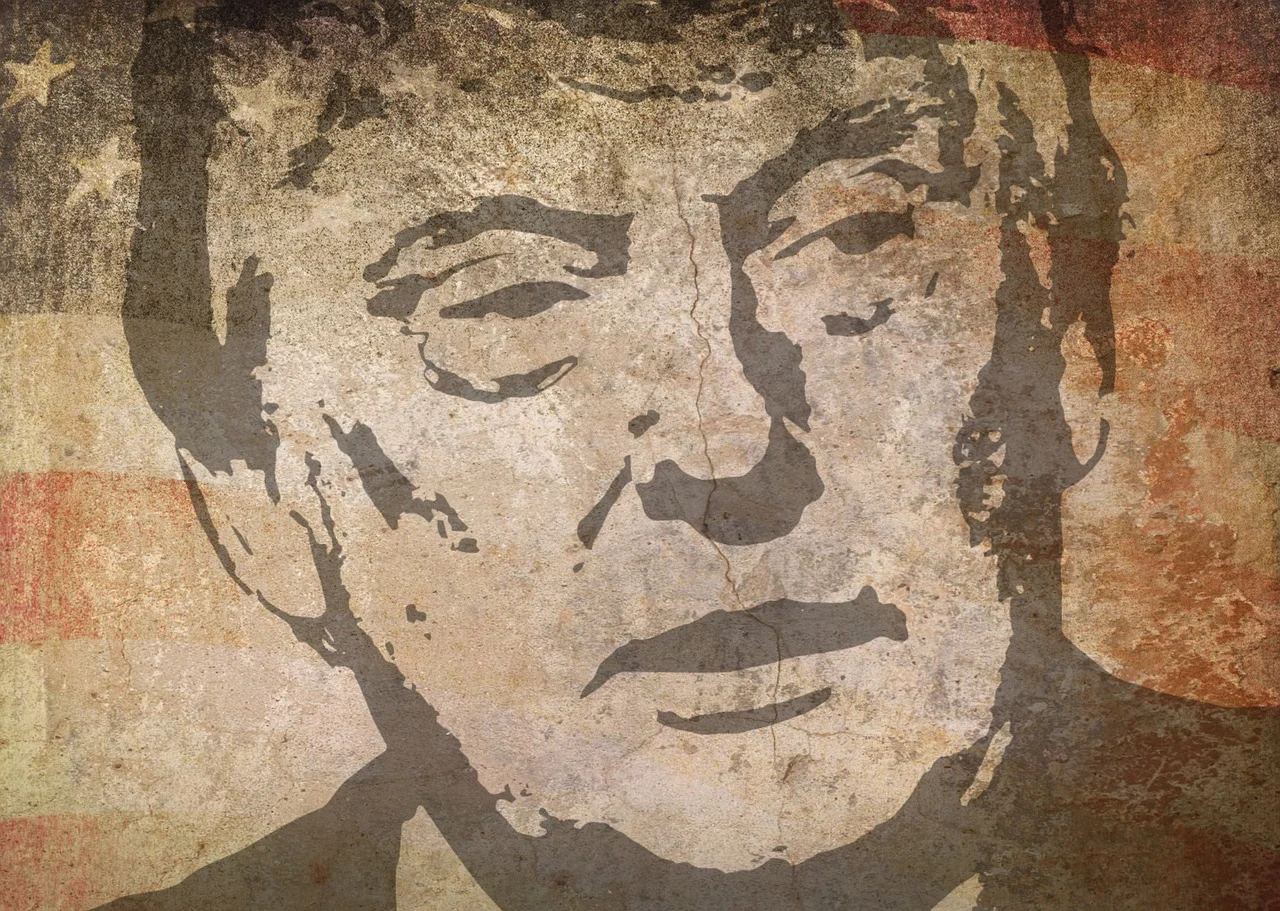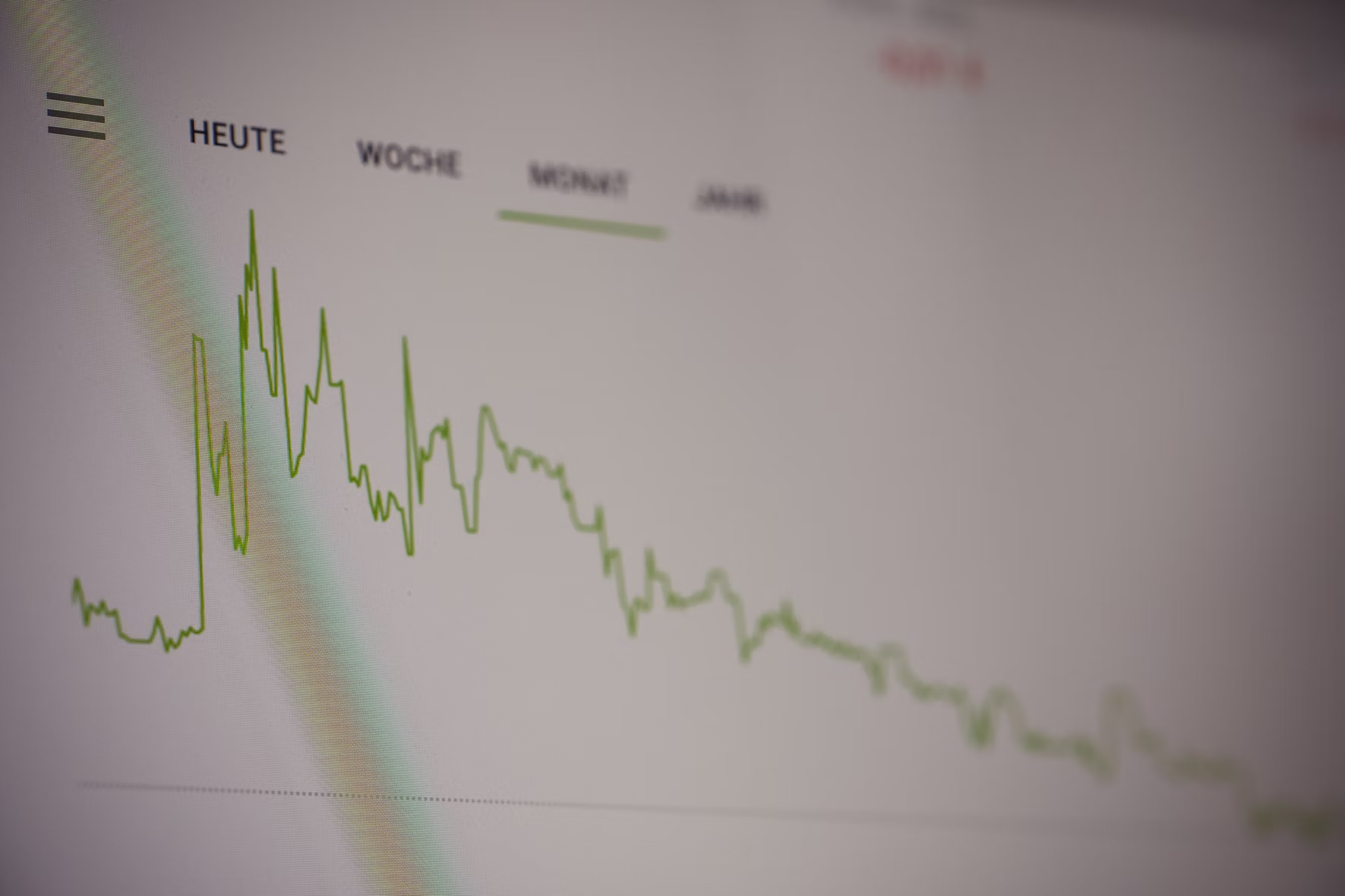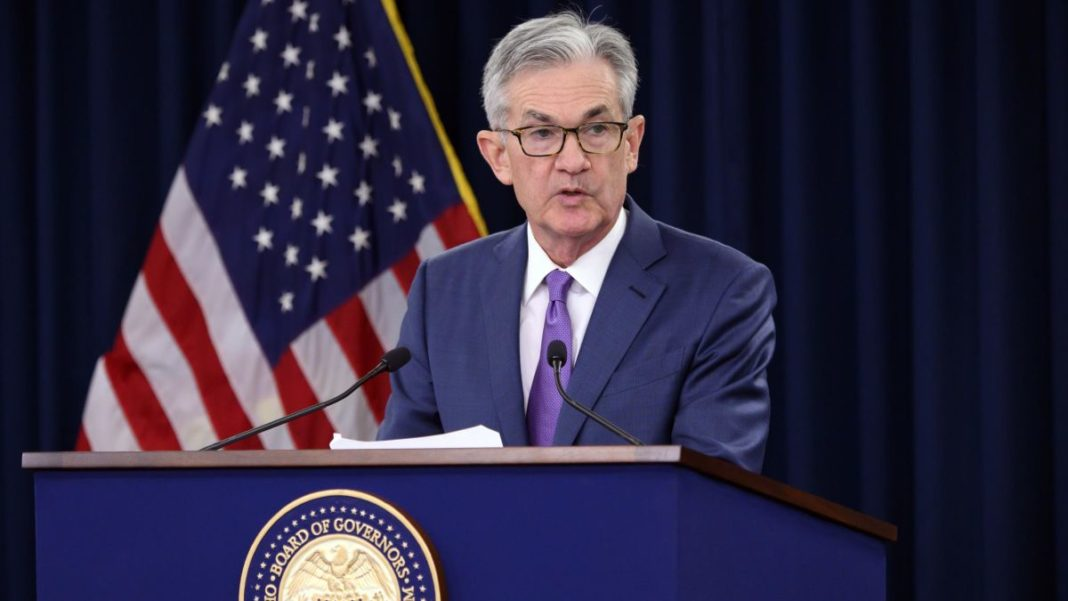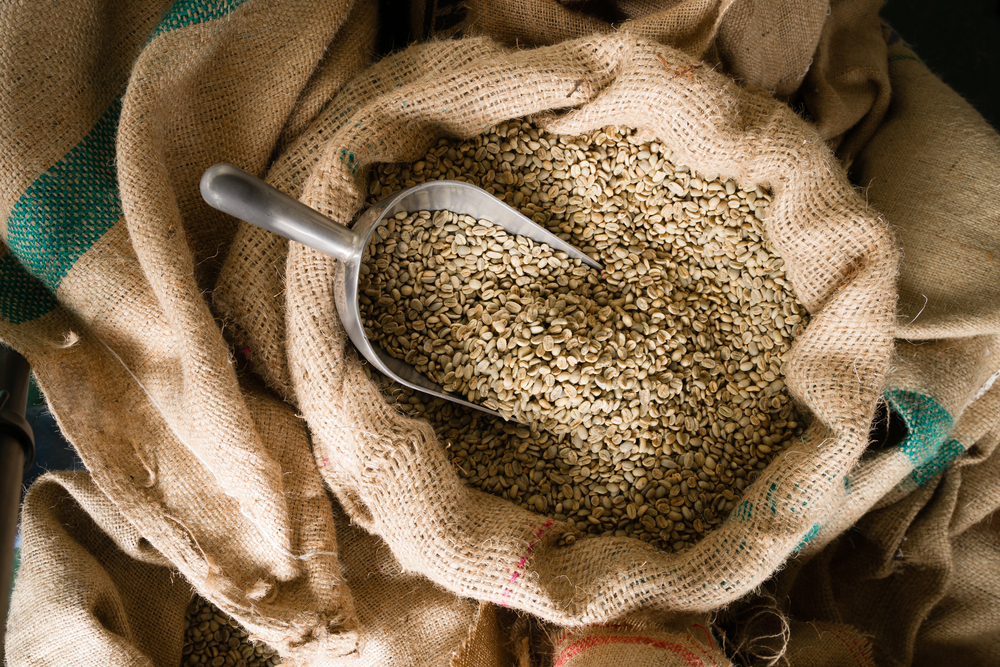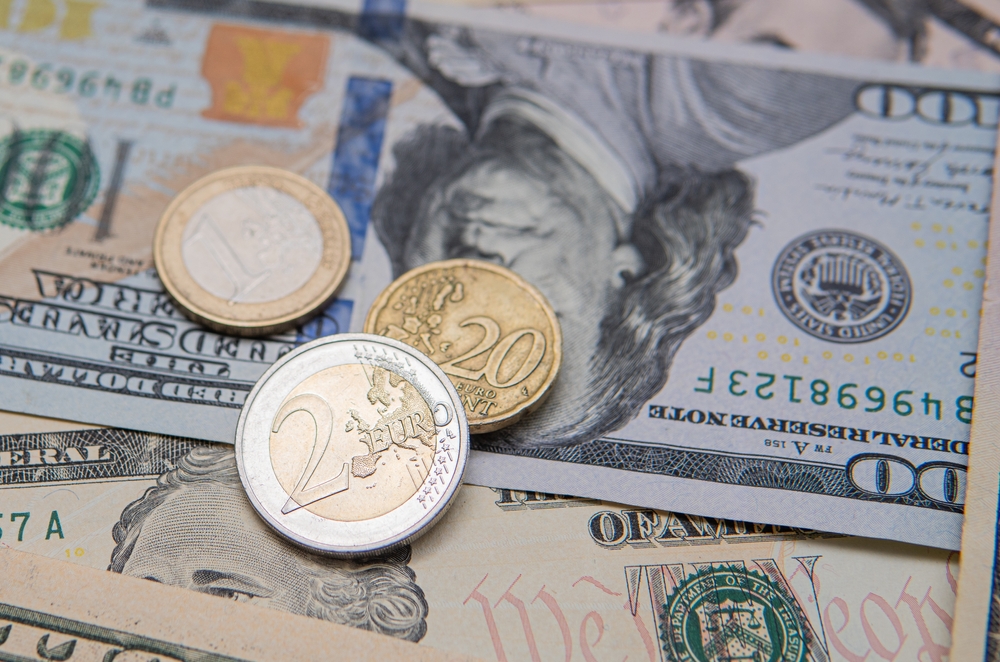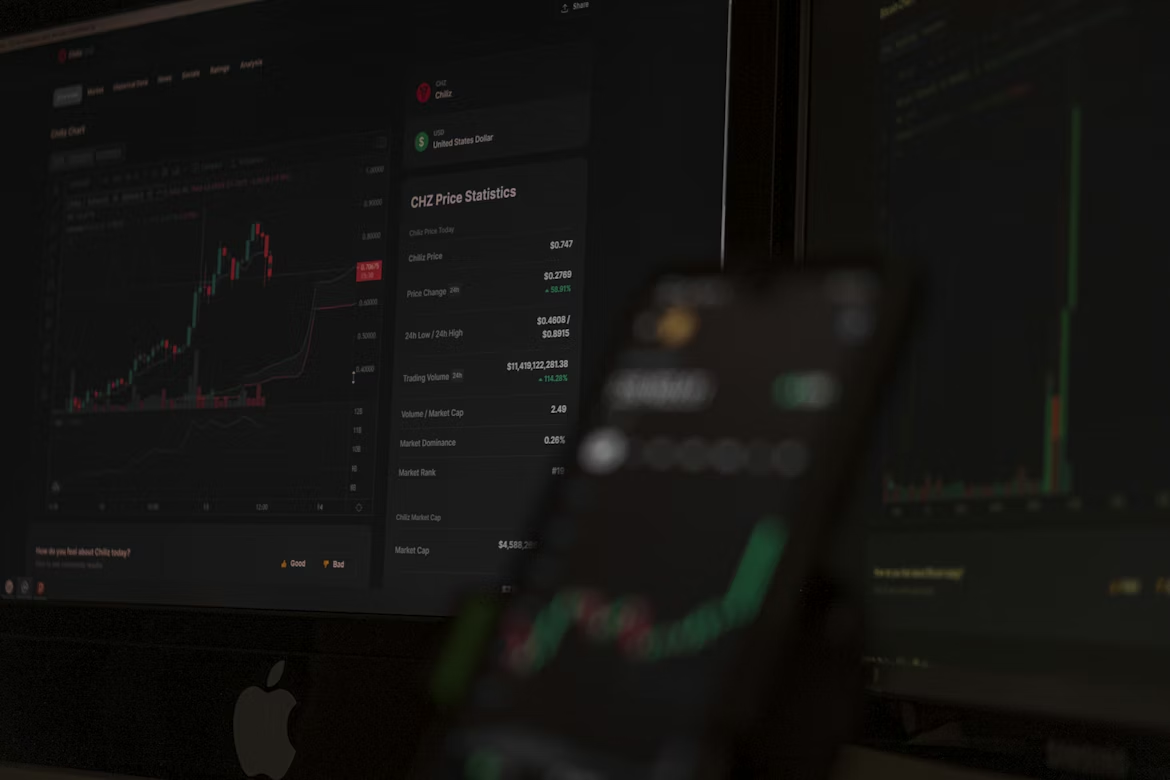Remarks from key Federal Reserve policymakers, including Raphael Bostic and John Williams, hint at a willingness to explore rate hikes if inflation fails to reach the 2% target. Paired with reports of an Israeli attack on Iran, the turmoil in the currency market grew wider, with South Korean authorities declaring decisive measures to combat excessive foreign exchange volatility, including access to a $68 billion stabilisation fund. Vietnam's central bank voiced similar preparedness for currency market intervention, citing currency weakness against the dollar and import-driven pressures.
EQUITY
U.S. stocks closed relatively flat on Thursday, although Nasdaq weakened the most. The labour market remained resilient, with weekly jobless claims slightly under and a manufacturing gauge jumped to a two-year high. Apple removed Meta Platforms' WhatsApp and Threads from its China app store, citing government national security in addition to a report of Israel using WhatsApp data for airstrikes targeted through its Lavender AI programme.
GOLD
Escalating tensions between Israel and Iran pushed gold prices higher to slightly above $2,400 per ounce as investors shifted into safe-haven assets, marking the fifth consecutive weekly gain. The precious metal's appeal as a hedge against geopolitical risks has outweighed pressure from the Federal Reserve's commitment to keeping interest rates higher for longer. Silver has also surged, with analysts predicting it could reach $30 per ounce on gold's and copper's strength.
OIL
Geopolitical tensions in the Middle East have flared up, with reports of Israeli strikes on Iran. This has raised fears of continued retaliation and escalating conflict, driving up crude oil prices in addition to supply concerns. Market participants are closely monitoring the situation, as any further developments could worsen volatility and impact global inflation expectations, especially if the U.S. decides to join the fight that would confirm a precursor to WW3.
CURRENCY
Risk aversion swept currency markets on reports of Israel attacking Iran, pushing safe-haven currencies like the Swiss franc and Japanese yen to rally while riskier assets like the Australian dollar fell. Better U.S. manufacturing data has also reduced bets on Federal Reserve rate cuts, driving a towering rally in the dollar that is pressuring other currencies.

